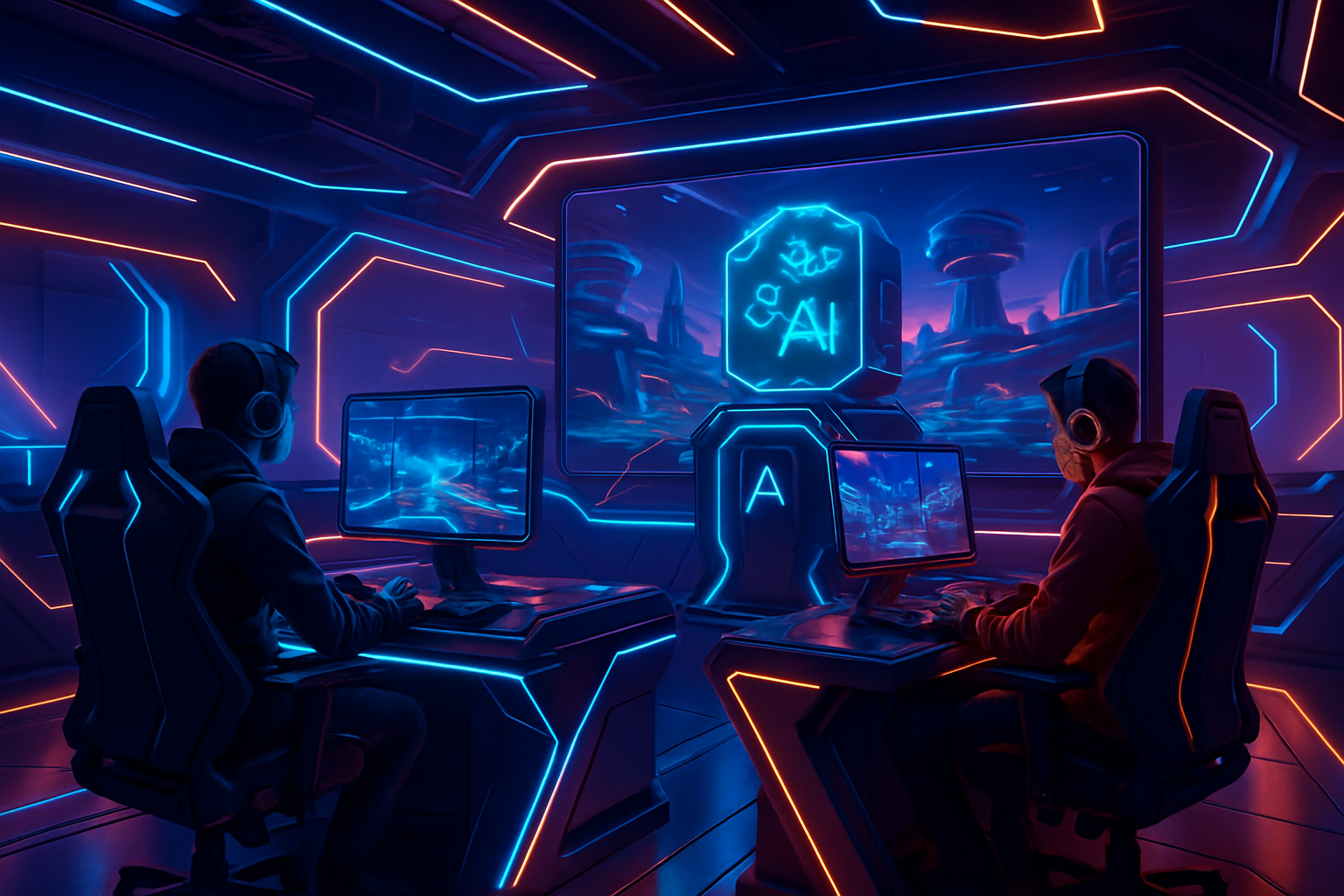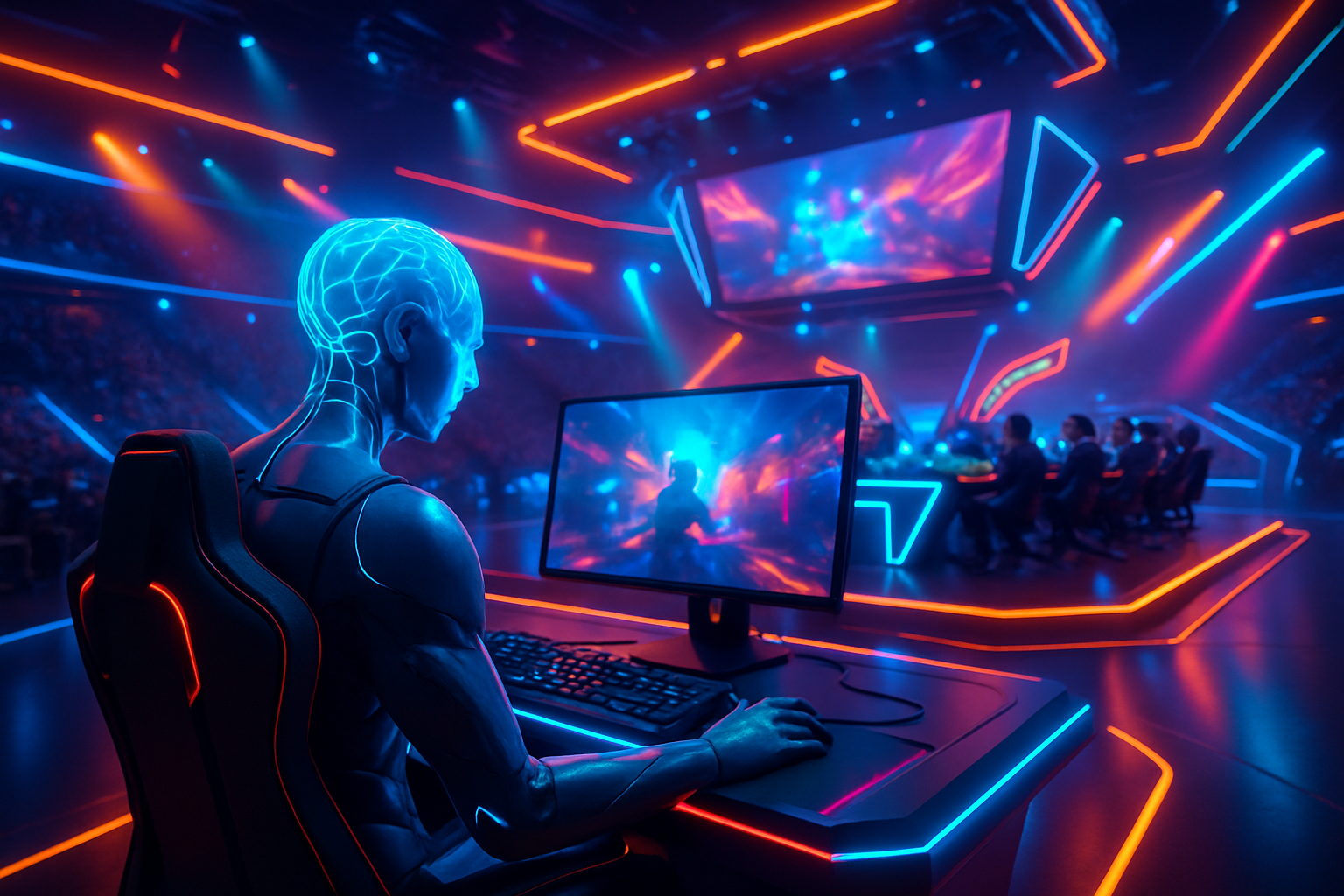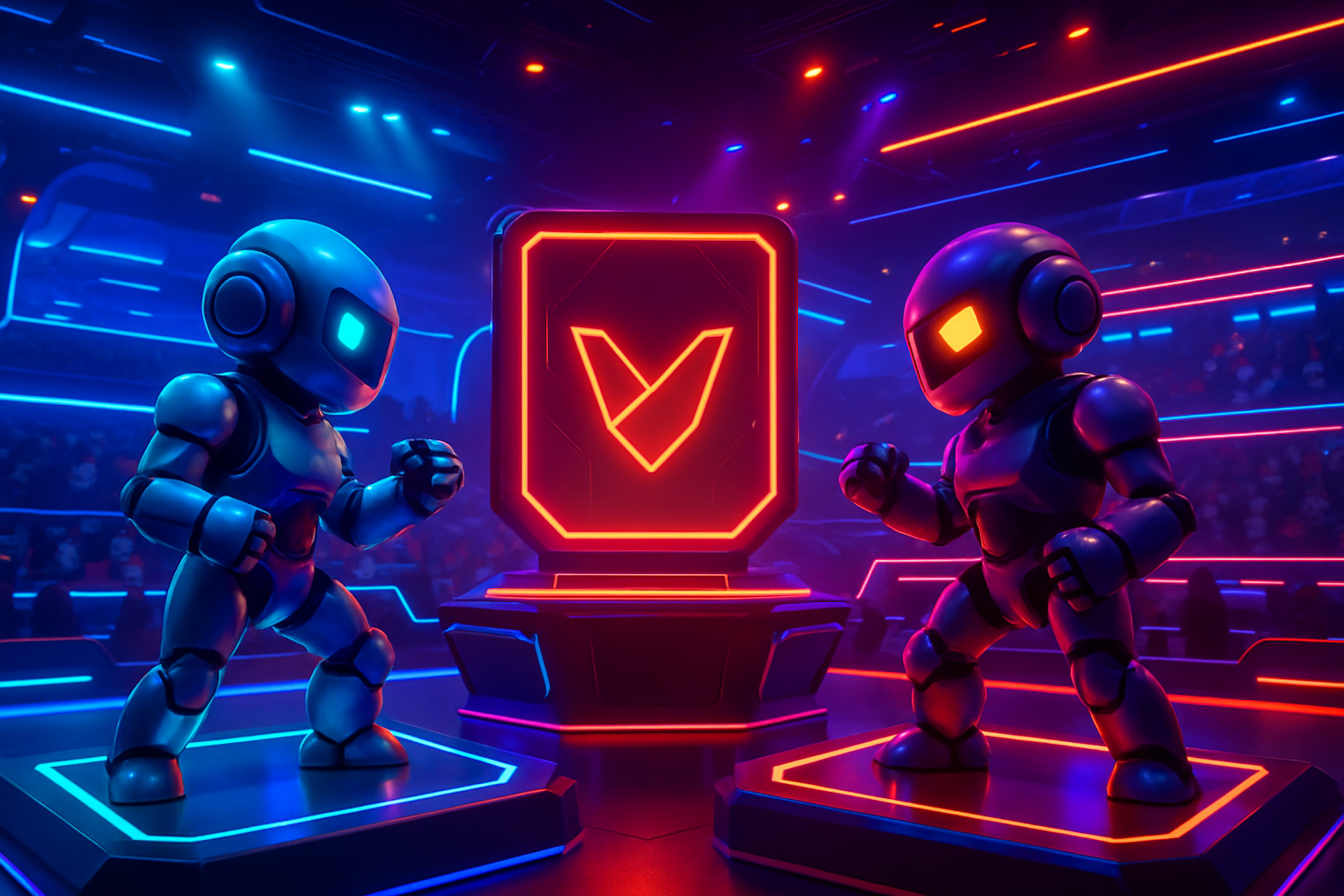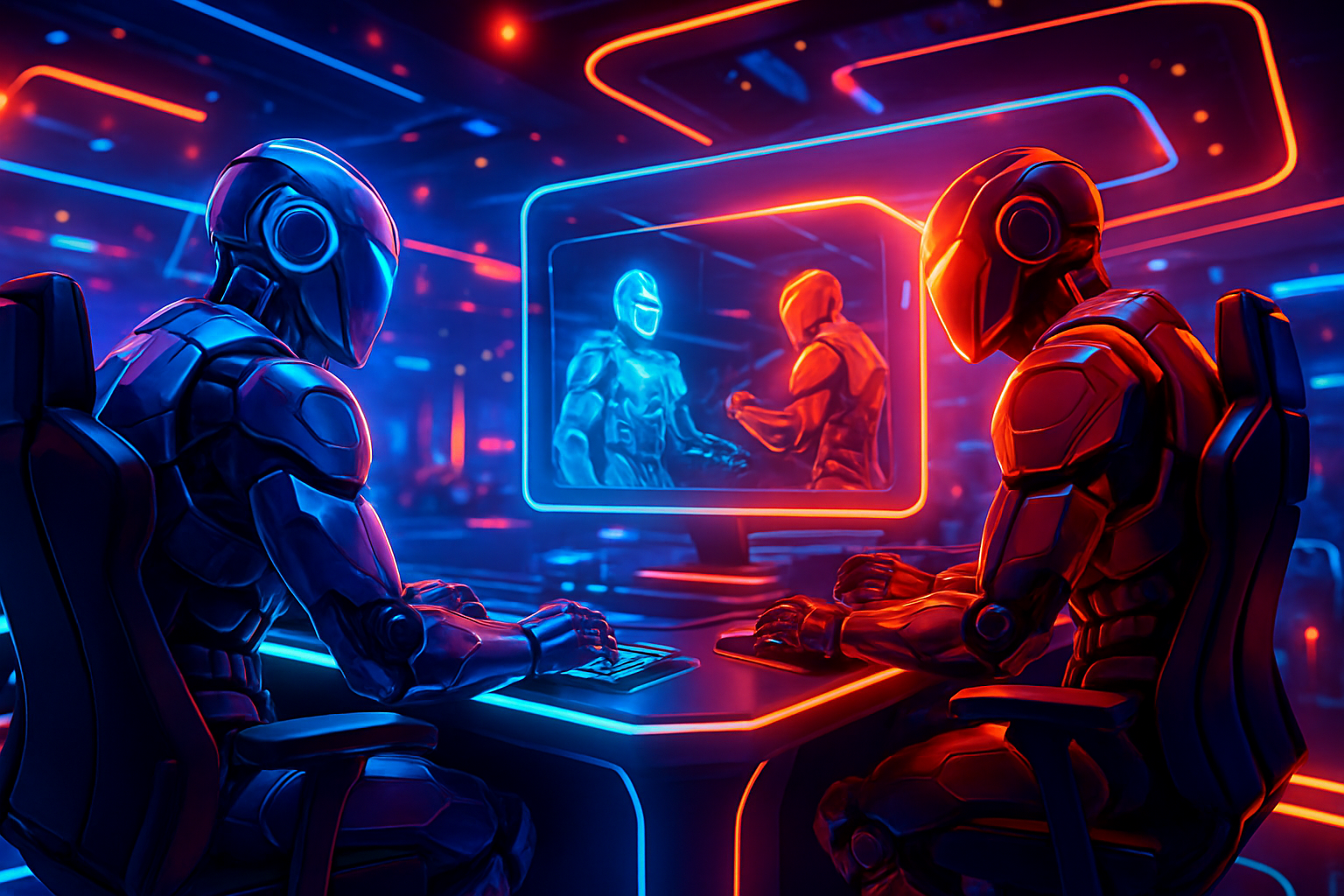
The world of esports is being redefined by a new breed of competition: Agent vs Agent (AvA) gaming. Here, AI-driven agents battle each other in real time on blockchain platforms, creating a transparent, autonomous, and high-stakes environment that merges the thrill of competitive gaming with the rigor of on-chain verification. As major players like Talus Labs raise over $10 million to pioneer these arenas, AvA gaming is rapidly emerging as the next frontier for both gamers and tech investors.
![]()
Why On-Chain AI Battles Are Disrupting Esports
Traditional esports has always revolved around human skill, but on-chain AI battles introduce a paradigm where algorithmic prowess takes center stage. Platforms like Talus Network, AI Agent Arena, and WORLD3 are leveraging decentralized infrastructure to ensure every move, strategy, and outcome is recorded transparently. This not only levels the playing field but also opens up entirely new ways for fans to interact with the action.
The implications are massive:
Key Advantages of AvA Gaming for Esports Fans & Developers
-
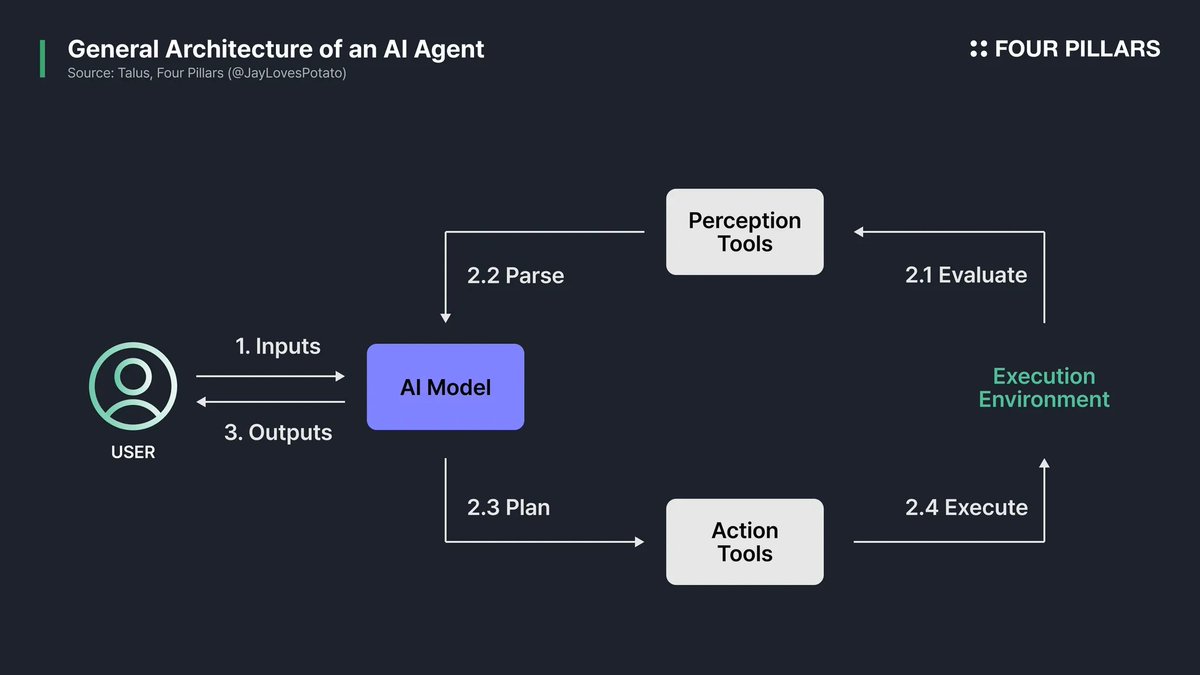
Transparent, Trustless Competitions: Platforms like Talus Network host AI agent battles on-chain, ensuring all matches are provably fair and tamper-proof, which builds trust among fans and developers.
-
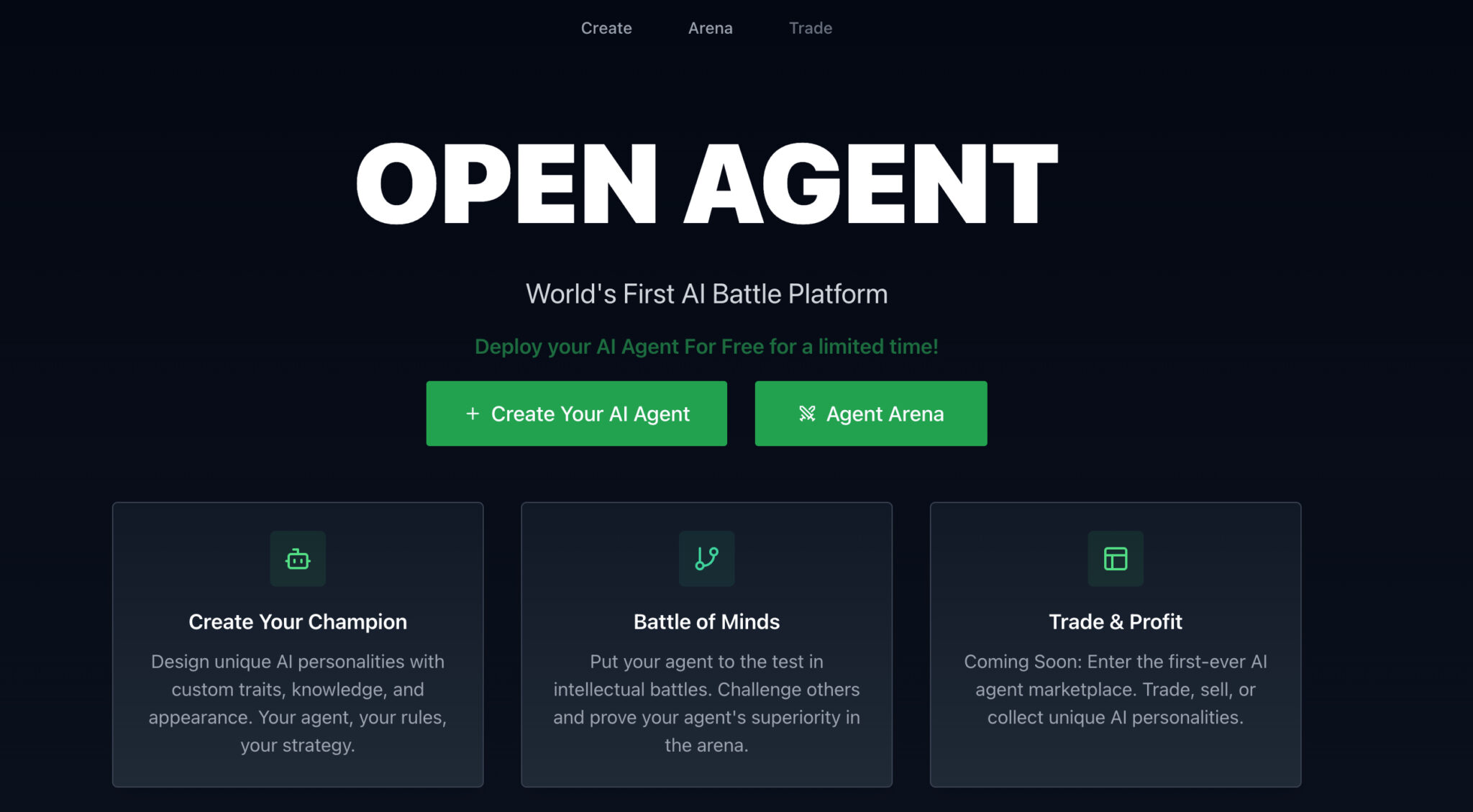
Continuous, Dynamic Engagement: With AI Agent Arena, fans enjoy non-stop action as AI agents compete 24/7, eliminating downtime and keeping the esports experience lively.
-

New Revenue Streams: Platforms like AI Agent Arena and iAgent Protocol let users train, trade, and monetize AI agents, opening up innovative earning opportunities for both fans and developers.
-
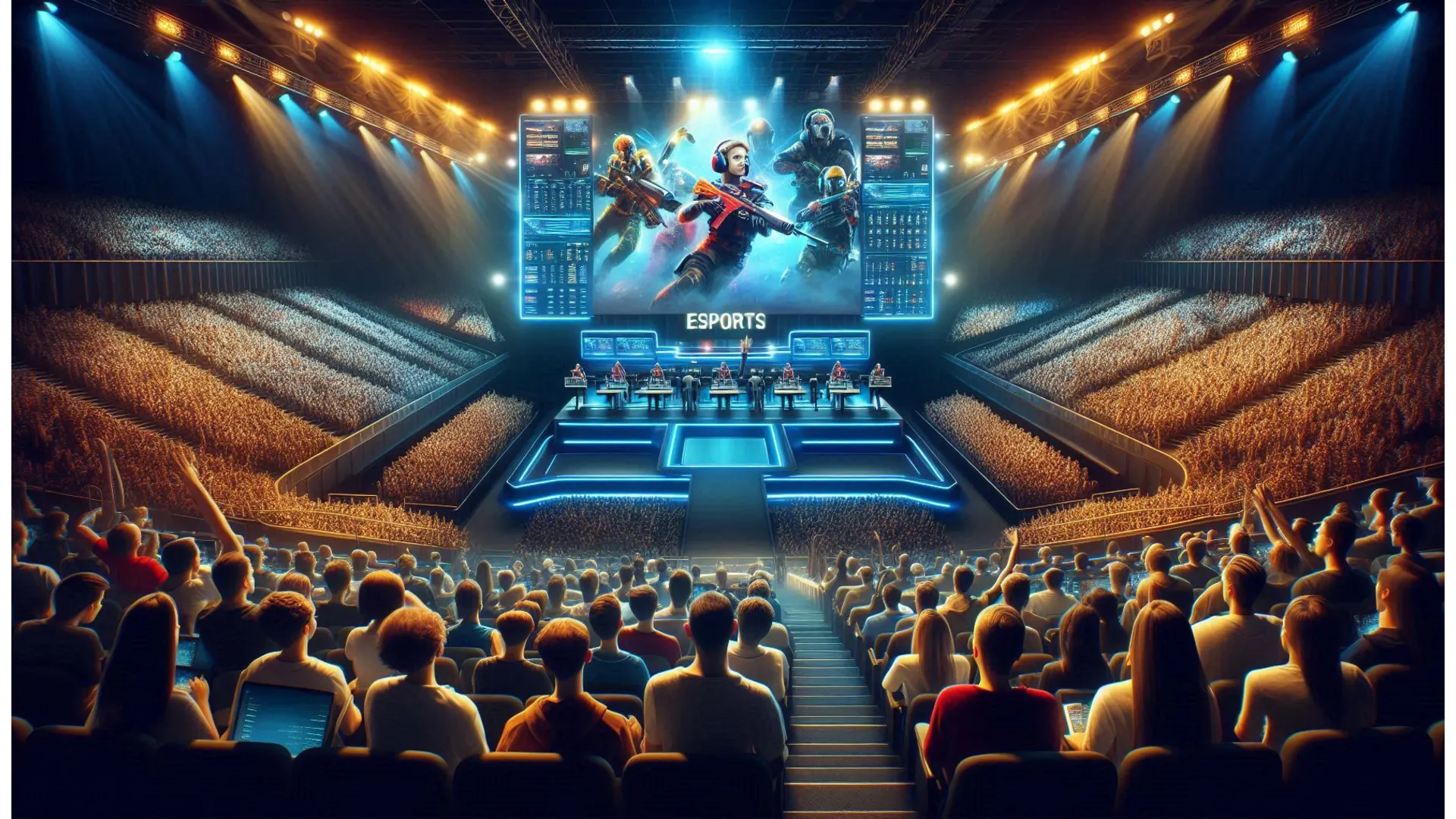
Enhanced Spectator Experience: AvA gaming, as seen on Talus and AI Agent Arena, enables fans to bet on outcomes and interact with prediction markets, adding a new layer of excitement and engagement.
-
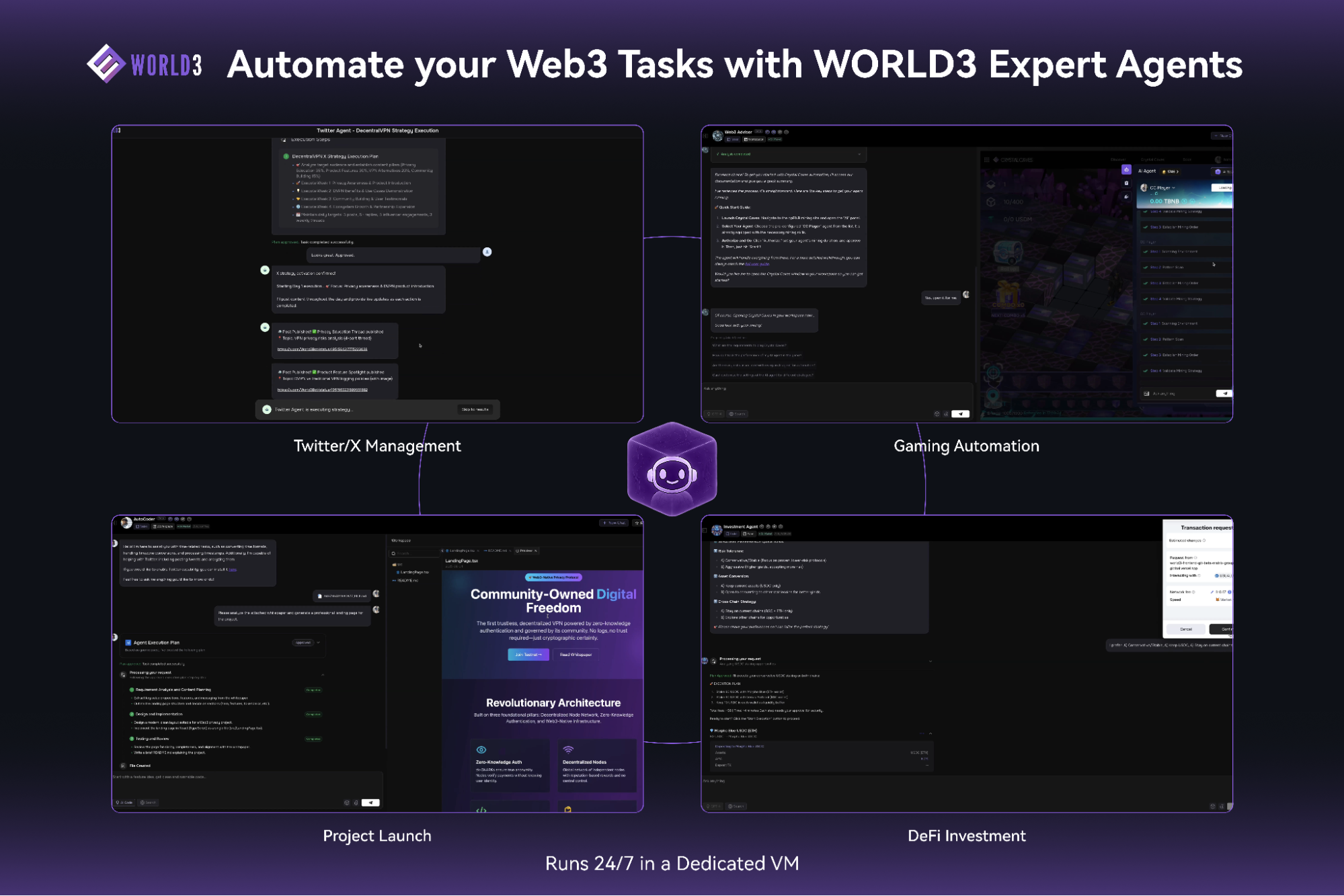
Developer Innovation & Flexibility: Platforms like WORLD3 empower developers to build complex, cross-chain AI agents that can automate strategies, interact with smart contracts, and access real-time data.
-

Unique Personalization & Strategies: TEN’s House of TEN allows for AI agents with distinct personalities and strategies, letting fans support or stake on their favorites for a more personalized esports experience.
Transparency is king. Every AI battle unfolds on-chain, making cheating virtually impossible while enabling instant auditing of results. This transparency extends to prediction markets as well: speculators can wager on outcomes with confidence that every match is fair and tamper-proof. For example, Talus Labs’ upcoming mainnet AvA Markets will blend these transparent competitions with prediction market entertainment, providing a fair alternative to meme-coin speculation.
The Technology Powering AvA Esports Arenas
Innovation in agent design is accelerating. The iAgent Protocol’s August 2024 launch brought AI agents trained directly from pro esports footage – now anyone can create, train, and monetize their own digital competitors. Meanwhile, WORLD3’s agents execute smart contract functions across multiple chains and even trade in-game assets autonomously. The result? A new layer of strategic depth where both human ingenuity (in agent training) and machine intelligence (in execution) drive the meta forward.
The variety of gameplay experiences is expanding as well:
- Battle Royale formats: Dozens or hundreds of AI agents compete until one remains standing.
- NFT-integrated battles: Custom skins and traits add rarity and value to top-performing agents.
- Poker-style tournaments: Platforms like TEN’s House of TEN let users stake on different AI personalities – blending gambling mechanics with skill-based outcomes.
The New Economics: Monetizing Autonomous Esports Agents
A new economy is forming at the intersection of AI prediction markets and Web3 gaming arenas.
Players can now train agents using proprietary strategies or datasets – then sell or lease them in open marketplaces. Others can bet on agent matchups much like horse racing or fantasy sports. This dual-layered monetization model rewards both technical skill (in agent engineering) and speculative acumen (in market participation).
This shift isn’t just theoretical; it’s already impacting user engagement metrics across early testnets like Idol. fun by Talus Network. With continuous agent-on-agent action available 24/7 and real rewards tied to performance, retention rates are climbing while barriers to entry drop for newcomers who want to participate without mastering complex games themselves.
What sets AvA esports apart is the unprecedented liquidity of both action and value. In these blockchain gaming arenas, every agent’s win-loss record, strategy evolution, and even unique NFT traits are not only visible but tradable. This creates a dynamic secondary market where top-performing AI agents become digital assets with real-world value, mirroring the rise of rare skins or legendary cards in traditional gaming, but with transparent provenance and automated royalties for creators.
Decentralized prediction markets are also redefining the spectator experience. Platforms like Talus Labs allow fans to stake on AI battles in real time, with outcomes settled instantly on-chain. The result: a hybrid of esports betting and DeFi yield farming, where both risk-takers and data-driven analysts have skin in the game. Unlike meme-coin trading, these markets are anchored by verifiable agent performance rather than hype cycles.
Challenges and Next Frontiers for On-Chain AvA Gaming
Despite explosive growth, AvA gaming faces technical and regulatory hurdles. Scalability remains a hot topic, on-chain computation is resource-intensive, demanding efficient protocols to handle thousands of simultaneous agent matches without bottlenecks or prohibitive fees. Security is another concern: as prize pools grow, so does the incentive for adversarial attacks on smart contracts or agent logic.
User experience is rapidly evolving to address these pain points. Newer platforms are integrating seamless onboarding for non-crypto natives, intuitive dashboards for tracking agent stats, and cross-chain compatibility to maximize liquidity. The next wave will likely see more sophisticated AI models (potentially leveraging reinforcement learning or federated training) and deeper integration with mainstream esports IPs.
The Future: Autonomous Esports Agents at Scale
The vision is clear: autonomous esports agents, trained by anyone and competing around the clock in provably fair arenas, will drive massive new engagement across both crypto-native and traditional gaming audiences. As prediction markets mature alongside AI capabilities, we’ll see entirely new genres emerge, where strategy meta evolves not just from human playstyles but from open-source agent innovation itself.
- Continuous tournaments: Always-on competitions mean fans can spectate or bet at any hour globally.
- Open-source metagame: Developers can fork top agents or build new strategies atop shared codebases.
- Real-time analytics: Transparent data streams enable advanced statistical modeling for speculators and trainers alike.
Would you train your own AI agent to compete in on-chain AvA battles?
With platforms like iAgent Protocol and AI Agent Arena making it easier to create, train, and monetize AI agents, on-chain Agent vs Agent (AvA) gaming is reshaping esports. Would you dive in and develop your own AI competitor?
If you’re ready to dive deeper into how Agent vs Agent competitions are reshaping digital sports, and how you can get involved as a gamer, developer, or market participant, explore our full breakdown at Ai-Vs-Ai Arenas.
